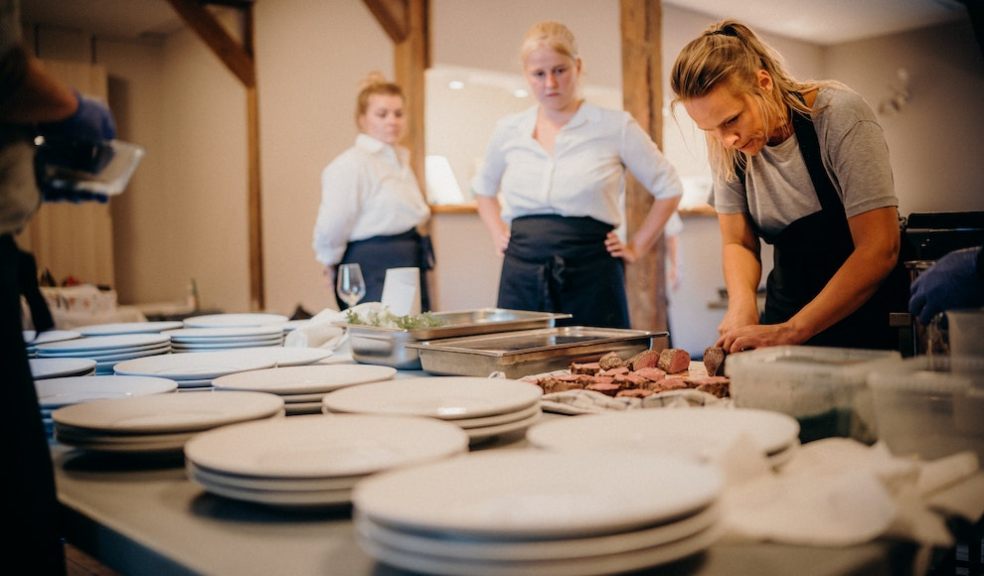
3 Money-Saving Tips for Catering Businesses
While the catering business is one of the most lucrative businesses to pursue, it also has its risks. First, you should ensure a stable cash flow to avoid issues that may keep you from paying your suppliers and employees. Cash flow issues are common in most businesses, and the catering business is no different. You can avoid these problems by ensuring that suppliers are paid on time and that your accounts and cash flow are closely monitored. Additionally, it would be best if you had sufficient bank savings to cover your catering business expenses and other unexpected expenses like repairs for broken equipment or sick leaves.
Saving is a must for any business, and it prepares you to hurdle unpredictable situations. When you have savings, you are assured that the company can continue to operate despite lean months or other challenges. Moreover, your business can grow and flourish. While you may invest in anything your business needs to operate, more is required to succeed. You need savings to continue running your business during more challenging times.
There are ways to save money while running your catering business without sacrificing the quality of your food and drinks or increasing your prices. For instance, you can work with trusted wholesale lemon juice and other fruit juice suppliers that can provide you with affordable quality products for your catering needs. In addition, the following tips can help you save money and run a successful catering business.
1. Re-examine your existing menu
One of the easiest ways to reduce costs and save money is to reinvent your menu while maintaining exciting dishes. To start, remove your least popular dishes. Then, come up with ideas for making your popular dishes more cost-efficient. It is also a good idea to think of creative ways to prepare new dishes using leftovers to reduce food wastage.
2. Avoid overbuying
Another way to save is to ensure you don’t overbuy ingredients and other supplies. As a catering business, purchasing only what is necessary for your customer’s requirements is best. This means that you should always be precise about portion sizes, ensuring that you have the exact orders from your clients. Your objective is to avoid wastage after the contract has been completed. You must use all your purchases for your current order and avoid having food left over.
3. Use energy efficient-lightbulbs and kitchen equipment
Utility bills can be a financial burden for many businesses. However, you can save money by using energy-efficient lightbulbs and kitchen equipment. While they may cost more, the investment will ultimately pay off when you see a significant decrease in utility expenses. It is also best to train your staff about how to be more economical, reminding them to switch off lights and turn off kitchen appliances when not in use.
Running a catering business takes work. There will be challenges ahead, like any business, that you will have to overcome. Still, managing your cash flow and constantly working on how to cut costs and save can help your business succeed.













